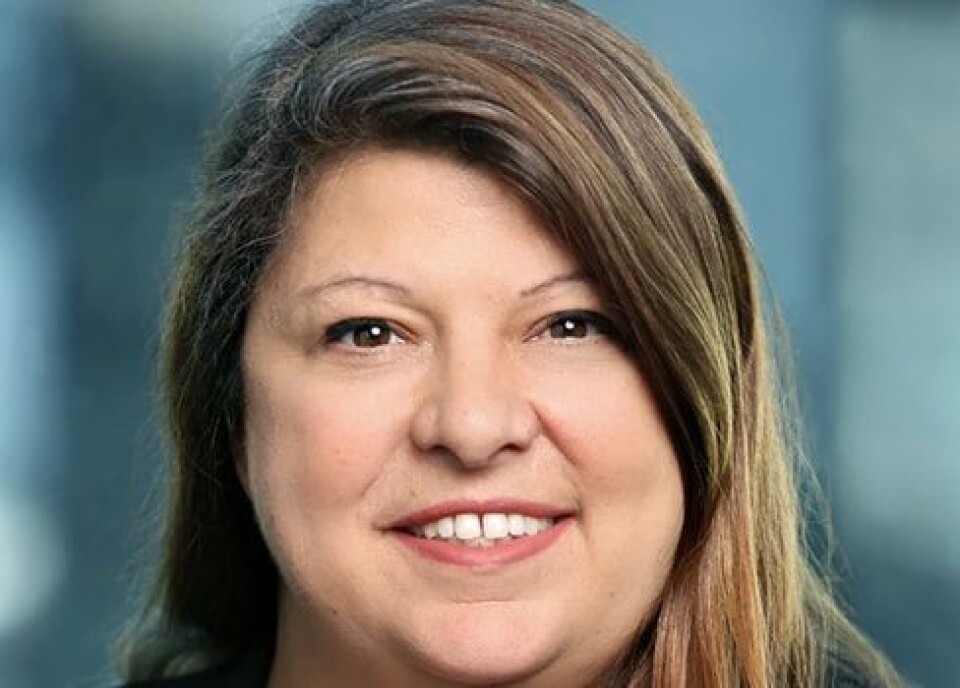Copyright : Re-publication of this article is authorised only in the following circumstances; the writer and Africa Legal are both recognised as the author and the website address www.africa-legal.com and original article link are back linked. Re-publication without both must be preauthorised by contacting editor@africa-legal.com
Accolade for Street Child Work

Baker McKenzie was highly commended in the African Legal Awards Children’s Advocate Award category, supported by Save the Children, for the firm’s work with the Consortium for Street Children’s network of grassroots practitioners, civil society organizations and researchers.
The firm is actively involved in coordinating the Legal Atlas for Street Children project – creating a tool that maps the substantive laws and policies applicable to street children in almost every country in the world - including almost 40 countries in Africa.
The tool will help countries improve their standards, policies, and practices concerning children’s rights, in keeping with the UN General Comment on Children in Street Situations.
According to Angela Vigil, Partner and Executive Director of the Pro Bono Practice at Baker McKenzie, “Street children are one of the world’s most marginalized populations. They face systemic discrimination, a higher risk of being harmed and are denied a voice. The Legal Atlas is the only resource of its kind, which provides a view into the country-by-country laws on issues central to the rights of children in street situations. It is an interactive tool allowing both access and comparisons between countries.
“Through this project, and by allowing ordinary citizens to access information, the Legal Atlas is creating a change in attitudes and a change in how street children are treated across the world,” she says.
The implementation of this initiative relied upon collaboration between Baker McKenzie lawyers and the firm’s in-house legal partners: lawyers and staff at all levels from Baker McKenzie’s client organizations. More than 1,000 lawyers and other professionals conducted substantive legal research into the areas of police roundups, identification and status offences. The project is the culmination of thousands of pro bono legal work hours to-date, and will continue into the future as the initiative aims to map the laws and policies of all countries.
“Not only has this type of online resource for street children never existed, it is also ground-breaking in its clean, graphic and easily searchable user interface. The law can often seem abstract and complicated to the average person, and it is also frequently well out of reach financially to hire lawyers. The Legal Atlas is innovative in making the law accessible and clear. The Legal Atlas features research on three areas: status offences, police round-ups and legal identity laws. These areas were chosen because street children told us that these topics are especially important to them. The Atlas is intuitive to use and anyone working on behalf of street children, including the children themselves, can use the tool quickly and easily,” Vigil explains.
Lerisha Naidu, Partner at Baker McKenzie, notes that while the number of street-dependent children in the world is estimated by UNICEF to range over 100 million, the population itself is difficult to identify in the real world. It has been described as an "invisible" population that appear with basic human needs to NGOs and government assistance entities, but rarely appear on the landscape of legal rights, legal services and legal aid.
“What children and young adults have told our teams is that their rights are trampled as if they were not human rights-bearing individuals at all. Children and youth need to understand and know their rights before their rights can be realized,” he notes.
Vigil explains, “When the CSC asked us to help craft this first-of-its kind resource, it was the first step in helping children know and understand their rights so that they can eventually be more meaningful. Importantly, it is also a tool to help the NGOs, non-profit organizations and community advocates understand rights in order to assist children in crisis and to make laws better so that the laws empower them.”
Caroline Ford, Chair of the Consortium for Street Children, adds, “The law is a powerful weapon… in terms of putting information about what is and what is not permissible under national legislation in the hands of ordinary people, in the hands of our members, and in the hands of street children. This is a huge step forward. History has shown that when there is a marginalized group that is invisible, once they start to become visible, and ordinary people start to demand that their rights are respected, that’s when change happens.”
To join Africa Legal's mailing list please click here
